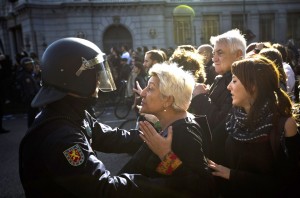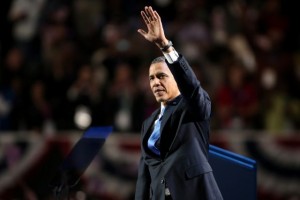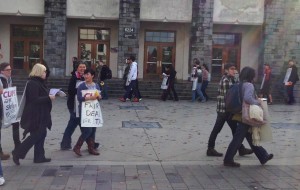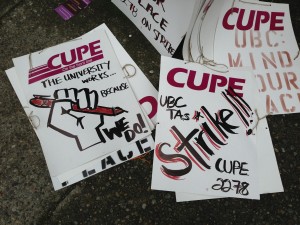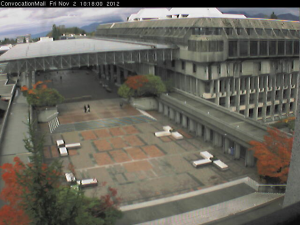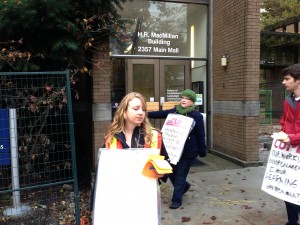David Suzuki, Rabble.ca, April 9, 2013–
Access to information is a basic foundation of democracy. Canada’s Charter of Rights and Freedoms also gives us “freedom of thought, belief, opinion and expression, including freedom of the press and other media of communication.”
We must protect these rights. As we alter the chemical, physical and biological properties of the biosphere, we face an increasingly uncertain future, and the best information we have to guide us comes from science. That scientists – and even librarians – are speaking out against what appear to be increasing efforts to suppress information shows we have cause for concern. The situation has become so alarming that Canada’s Information Commissioner is investigating seven government departments in response to a complaint that they’re “muzzling” scientists.
The submission from the University of Victoria’s Environmental Law Centre and Democracy Watch alleges that “the federal government is preventing the media and the Canadian public from speaking to government scientists for news stories – especially when the scientists’ research or point of view runs counter to current Government policies on matters such as environmental protection, oil sands development, and climate change” and that this “impoverishes the public debate on issues of significant national concern.”
The complaint and investigation follow numerous similar charges from scientists and organizations such as the Canadian Science Writers’ Association and the World Federation of Science Journalists, and publications such as the science journal Nature. Hundreds of scientists marched on Parliament Hill last July to mark “the death of evidence”.
The list of actions prompting these grievances is long. It includes shutting the world-renownedExperimental Lakes Area, axing the National Round Table on the Environment and the Economy, eliminating funding for the Canadian Foundation for Climate and Atmospheric Sciences and prohibiting federal scientists from speaking about research on subjects ranging from ozone to climate change to salmon.
All of this has been taking place as the federal government guts environmental laws and cuts funding for environmental departments through its omnibus budget bills. It has justified those massive environmental policy changes in part by saying the review process was slow and inefficient, but research by scientists at the University of Toronto, published in the Canadian Journal of Fisheries and Aquatic Sciences, “found no evidence that regulatory review in Canada was inefficient, even when regulators had an ongoing load of over 600 projects for review at any given time.”…
Read More: Rabble.ca

 Follow
Follow